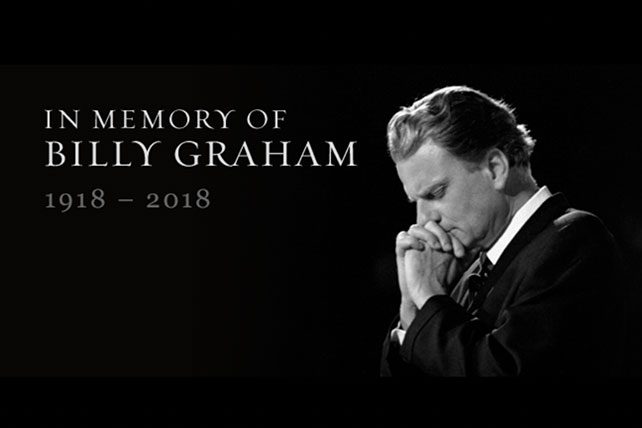[nextpage title=”first section” ]
With an aging population, many churches are struggling to care for all their elderly members. We asked Heath Evangelical Church in Cardiff to share some of the ways they seek to do so and hope that it will help other churches that may also be struggling.
Our church (Heath Evangelical, Cardiff) has a membership of just under 400. Seniors form an important part of what is a family church. Seven out of the 12 elders are aged over 60. The backbone of the church prayer meeting, Bible study and women’s Bible study are retirees. Similarly, this group provide invaluable voluntary help in the bookshop, coffee shop, Sunday School, children’s and youth meetings, visitation, catering and camps. However, the number of frail elderly members in residential homes and receiving care at home numbers over 20. As in society at large, loneliness can be a very real problem for those away from family and those with increasing frailty and mobility issues.
A safety net
Thankfully, many members kindly look out for their brothers and sisters in need in a very natural way. However, the pastor and elders recognize the importance of a planned approach to care in the hope that people do not fall through the net. The first item before prayer in the fortnightly elders’ meetings is ‘personalia.’ The elder employed part-time in a pastoral role brings us up to date with people in hospital and in particular need. Every week the elders are updated on this by email. The members hear of particular needs through the weekly church prayer meeting and women’s Bible study. A number of the ladies help the pastor and elders with visitation on a rotational basis.
Communication is key
In a large church, communication is vital. The membership is divided geographically into districts with a district leader responsible for distributing the bi-monthly church magazine. It is the district leader’s job to pass on to the church leadership the names of members in distress or need of any kind. Two or three districts combine to form the catchment area for the nine home Bible study groups each month, normally led by one of the elders. These start with a time of prayer and a further opportunity to share particular needs. Also, a Care for the Fellowship group occasionally meets to identify people with particular needs, e.g. someone needing food provided after surgery, help with shopping, etc. In our wish to help, we know it is important not to override the wishes and responsibilities of members of the person’s family.
Special arrangements
A weekly Seniors’ Coffee Morning takes place in the church’s coffee shop. As many as 20 come and in the course of the conversations, supportive friendships develop. Many of those who come are widows and widowers. Once a month a free Seniors’ Lunch is arranged in the Church Hall. Members and others from the local area come. Our pastor gives a brief gospel message between the courses. Between 80 and 100 seniors attend, and about half are from outside the church. At Christmas time plants are given to our elderly members. Each year, in the summer, a week’s Seniors’ Holiday is arranged at a seaside hotel in England or Wales. Each day there is a short service and a time of informal fellowship. A range of day trips are publicized and car drivers ensure those without cars have a lift. Once a month a team of about eight members takes a service at a nearby residential home. In addition, a number of our men preach at the Sunday morning services at Bethel House, Dinas Powis.
Some observations
Here are some observations which are likely to have application elsewhere:
- With improved health, people are typically living many years after retirement. These people are a great resource for the church, but ultimately the needs of those who are frail and housebound will also continue to grow.
- The local church acts as a wonderful counter-cultural haven where people of all kinds and different generations can mix freely. Recent studies have shown how elderly people thrive when in the company of caring youngsters. It is no wonder that Christian old people generally live longer and happier lives compared with those deprived of varied company.
- Jesus gives us a perfect example of how we as Christian people should live. He went about doing good. He healed the sick and had compassion on the poor, marginalized and vulnerable. He helped the weak. What a contrast with contemporary Western society with its wish for abortion on demand and the trend toward legalizing euthanasia. We should follow our Lord’s example and care for those who can no longer care for themselves.
[/nextpage]
[nextpage title=”second section” ] - Our society in the West is becoming increasingly individualistic, materialistic and selfish. Older people are often seen as ‘past it’ and a drain on society. It is no wonder that abuse and neglect are on the increase. As Christians, we should not be dominated by our culture and instead follow a biblical path in respecting age and experience.
- Most people want to stay in their own home as long as possible. Sadly, with mental and physical frailty, one’s home can cease to be a place of peace and security and become more akin to a prison. Fortunately, today there are a range of ‘sheltered’ options that retain a good deal of independence, including one’s own front door. There are homes that specialize in the care of elderly people with mental illnesses such as dementia. Finally, there are nursing homes which give a level of care not possible in a domestic setting.
- One of our members who is over 90 takes a weekly Bible study in the care home where she lives. Other members give her a lift to church on Sundays.
- The choice about if and when to move will be for the individual and his or her family. You may be quite right in discerning the need for a better place to live for an elderly church member. But beware! Do not overreach your caring brief! Efforts to help by the local church should be sensitive to individual needs and wishes and those of their family. It is significant that Paul urged churches to prioritize those without family support (1 Timothy 5).
- Where church members are engaged in the care of physically and mentally frail relatives, they may well appreciate and need a word of encouragement and the offer of practical support, including respite cover.
- Full use should be taken of statutory provision. The local authority ‘Attendance Allowance,’ for example, can help people to live comfortably in their own homes while buying in the care needed. It can be a great help to publicize and facilitate access to this and other grants.
This article originally appeared here.
[/nextpage]














